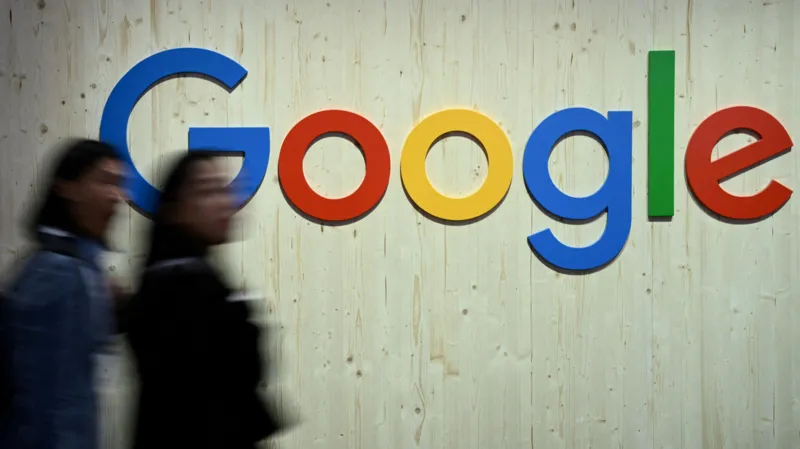Google is planning to use nuclear power to run its AI data centers, thanks to a new deal with a company called Kairos Power. By 2030, they aim to have their first small nuclear reactor up and running, and they hope to add more by 2035.
This is part of a trend where tech companies are turning to nuclear energy to meet the massive electricity needs of AI while trying to cut carbon emissions.
Kairos Power uses a new type of reactor that’s smaller and safer, relying on molten fluoride salt as a coolant instead of water.
Last year, US regulators gave the company the green light to build this new kind of reactor. They’ve already started work on a demonstration plant in Tennessee.
Google says this deal is important because AI requires a lot of electricity, and the regular power grid won’t be enough to meet future demands.
Michael Terrell from Google explained that using nuclear energy will help keep AI systems running smoothly and cleanly.
Nuclear power is becoming popular in the tech world because it’s almost carbon-free and can provide electricity around the clock. But critics warn that it’s not without risks, including the long-term challenge of radioactive waste.
Recently, other tech giants like Microsoft and Amazon have also made moves towards using nuclear power. Microsoft signed a deal to restart the Three Mile Island nuclear plant, and Amazon plans to use a nuclear-powered data center in Pennsylvania.
This partnership with Kairos Power is part of Google’s push to find cleaner and more reliable energy sources, a shift many tech companies are making to support their growing AI operations and reduce their carbon footprints. (Credit to BBC for much of this information and the detailed explanations.)

